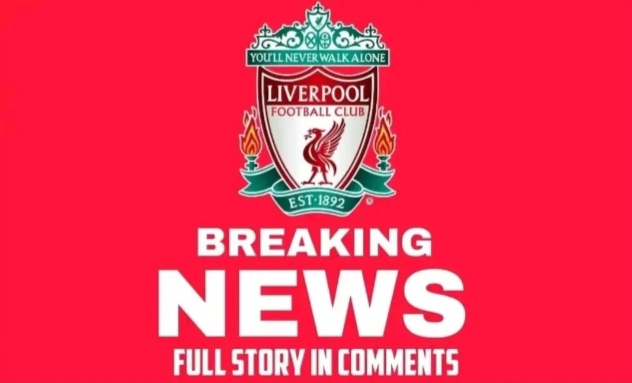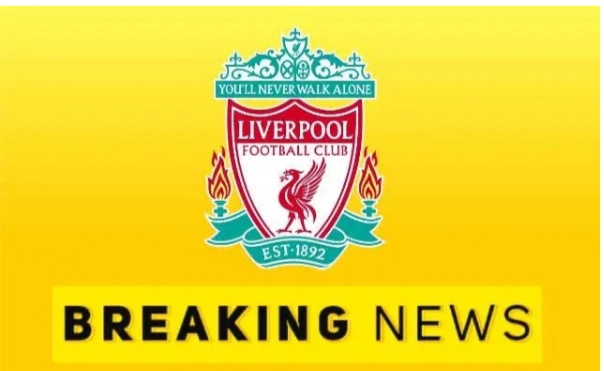Keith Hackett Calls for VAR Overhaul After Manchester City vs Liverpool Dispute: A Comprehensive Review
The Premier League clash between Manchester City and Liverpool on Sunday, 9 November 2025, ended with a commanding 3–0 win for City, but the match result was overshadowed by renewed controversy surrounding the Video Assistant Referee (VAR) system in English football.
The debate centers on two contentious decisions: an early penalty given to City after a challenge on Jeremy Doku and a disallowed goal for Liverpool’s Virgil van Dijk. These rulings led Liverpool to lodge a formal complaint with the Professional Game Match Officials Limited (PGMOL), questioning both referee Chris Kavanagh and VAR official Michael Oliver.
Former PGMOL head Keith Hackett has since criticized the handling of the match, arguing that it exposes fundamental flaws in VAR’s operation. He called for sweeping reforms, citing problems in officiating standards, training, and the lack of transparency in decision-making. Together, Hackett’s remarks and Liverpool’s complaint could mark a turning point in how refereeing evolves in English football.
The Flashpoints: Penalty and Disallowed Goal
The first controversy occurred in the 11th minute, when City were awarded a penalty after Doku went down under minimal contact. Many observers argued that it did not meet the threshold for a foul under Law 12 of the game’s rules.
Later, Liverpool’s Van Dijk saw his goal ruled out for offside interference, with officials judging that Andy Robertson obstructed the goalkeeper’s view. Liverpool disputed this, citing Law 11, and argued that Robertson did not impede the keeper’s ability to make a save. The combination of these two key calls — one benefiting City and another denying Liverpool — reignited debates about consistency in applying football’s laws and the execution of VAR protocols.
Hackett’s Sharp Critique: “Like the Chuckle Brothers”
Hackett was blunt in his assessment, saying Kavanagh and Oliver handled the match “like the Chuckle Brothers” — implying disorganization and lack of professionalism. He claimed the errors reflected systemic weaknesses: referees’ reluctance to overturn decisions, insufficient VAR training, and poor communication between on-field officials and the VAR room.
Hackett noted that England’s VAR system relies on part-time officials, not full-time specialists, which undermines the consistency and credibility of officiating. He stressed the need for a dedicated, trained VAR team to restore public trust in refereeing integrity.
Liverpool’s Formal Complaint: A Call for Fairness
Liverpool’s letter to Howard Webb, PGMOL’s head, argued that the disallowed goal demonstrated a misapplication of the rules. While they admitted the penalty didn’t affect the final result, they emphasized the principle of fairness — that officiating errors, regardless of scoreline, damage confidence in the system.
This sentiment reflects a wider unease: VAR, designed to correct mistakes, is often seen as adding confusion and undermining consistency instead of improving it.
VAR Under Scrutiny
VAR was meant to assist referees in correcting clear and obvious errors in crucial moments — goals, penalties, red cards, and mistaken identity. Yet, the City–Liverpool match exposed ongoing problems: slow decisions, inconsistent interpretations, and opaque communication.
Hackett warned that referees often hesitate to change original calls due to psychological pressure and fear of criticism, while VAR officials may lack confidence or experience to intervene decisively.
Hackett’s Reform Proposals
To fix these issues, Hackett outlined several reforms:
- Full-Time VAR Specialists – Create a team of professional VAR operators trained exclusively in video review and decision-making.
- Clearer Role Definitions – Establish firm guidelines distinguishing when referees should defer to VAR and when they should make independent calls.
- Consistent Rule Application – Standardize interpretations of offside and goalkeeper interference to prevent subjective errors.
- Mandatory Pitch-Side Reviews – Require referees to consult monitors for all major incidents to ensure accuracy.
- Enhanced Training – Implement rigorous, ongoing education programs for both referees and VAR operators.
Broader Implications for the Premier League and PGMOL
The controversy has intensified pressure on Howard Webb and PGMOL to restore credibility. Persistent errors can undermine fan trust, club confidence, and even competitive balance within the league.
Hackett cautioned that without reform, such incidents will continue to “erode professionalism” in officiating. Liverpool’s formal complaint, alongside Hackett’s remarks, underscores growing demands for accountability and transparency.
Challenges to Reform
Implementing Hackett’s proposals poses several hurdles:
- Cost and Logistics – Recruiting and training full-time VAR specialists would require major investment.
- Subjective Nature of Football – Some decisions will always depend on interpretation, no matter the technology.
- Game Flow Concerns – More reviews could slow matches and frustrate players and fans.
- Authority Conflicts – Expanding VAR’s influence risks diminishing the on-field referee’s authority.
Even so, Hackett insists that long-term fairness and credibility outweigh short-term difficulties.
Conclusion: A Defining Moment for VAR
The Manchester City vs Liverpool match has become a pivotal case study in VAR’s evolution. The disputed penalty and disallowed goal exposed flaws not just in individual decisions, but in the system’s structure and execution.
Hackett’s proposed reforms — from specialist VAR operators to greater transparency — aim to rebuild trust and ensure football’s fairness at the highest level. The Premier League now faces a crucial test: act decisively to modernize officiating or risk ongoing damage to its reputation for integrity and professionalism.







